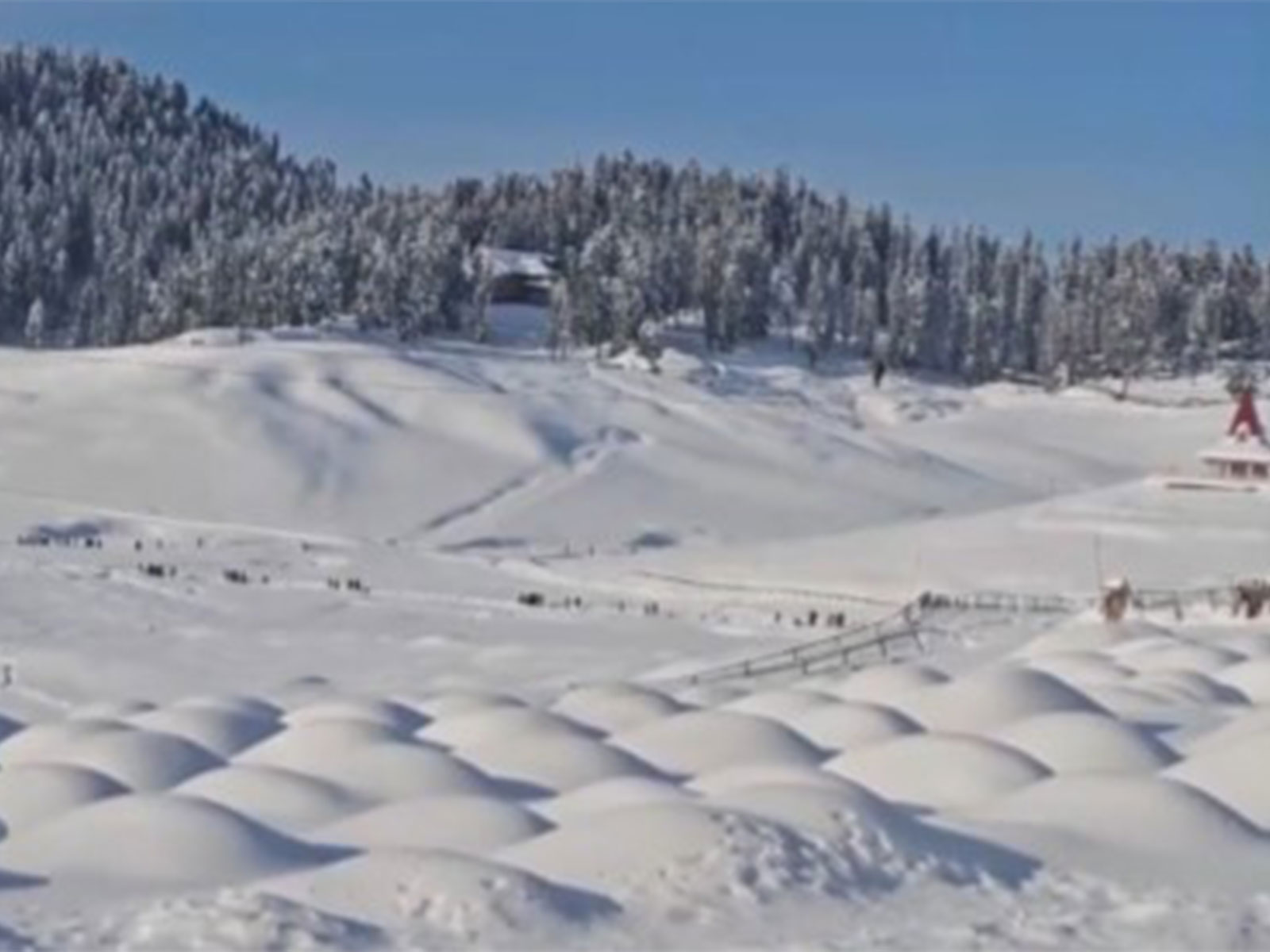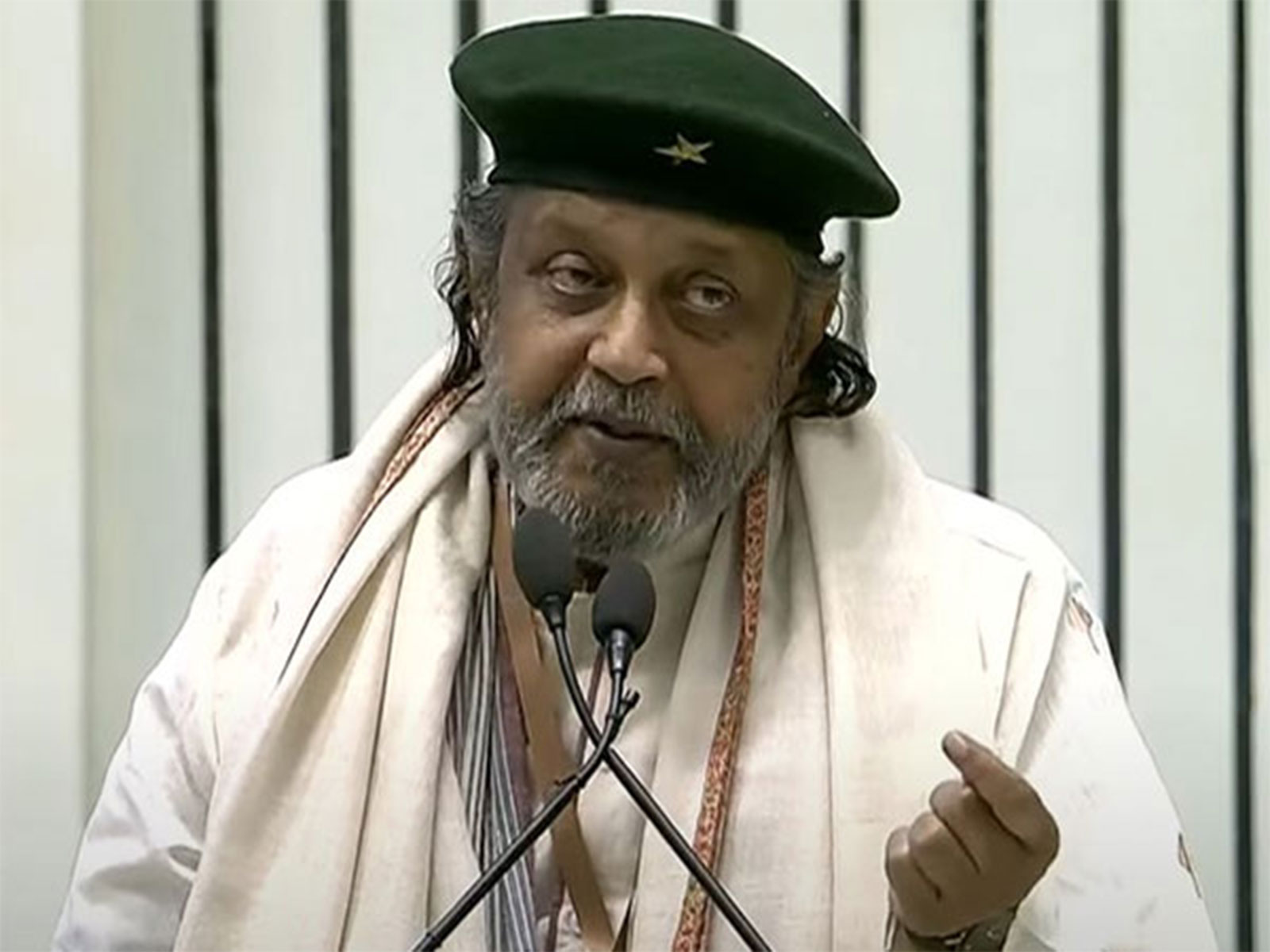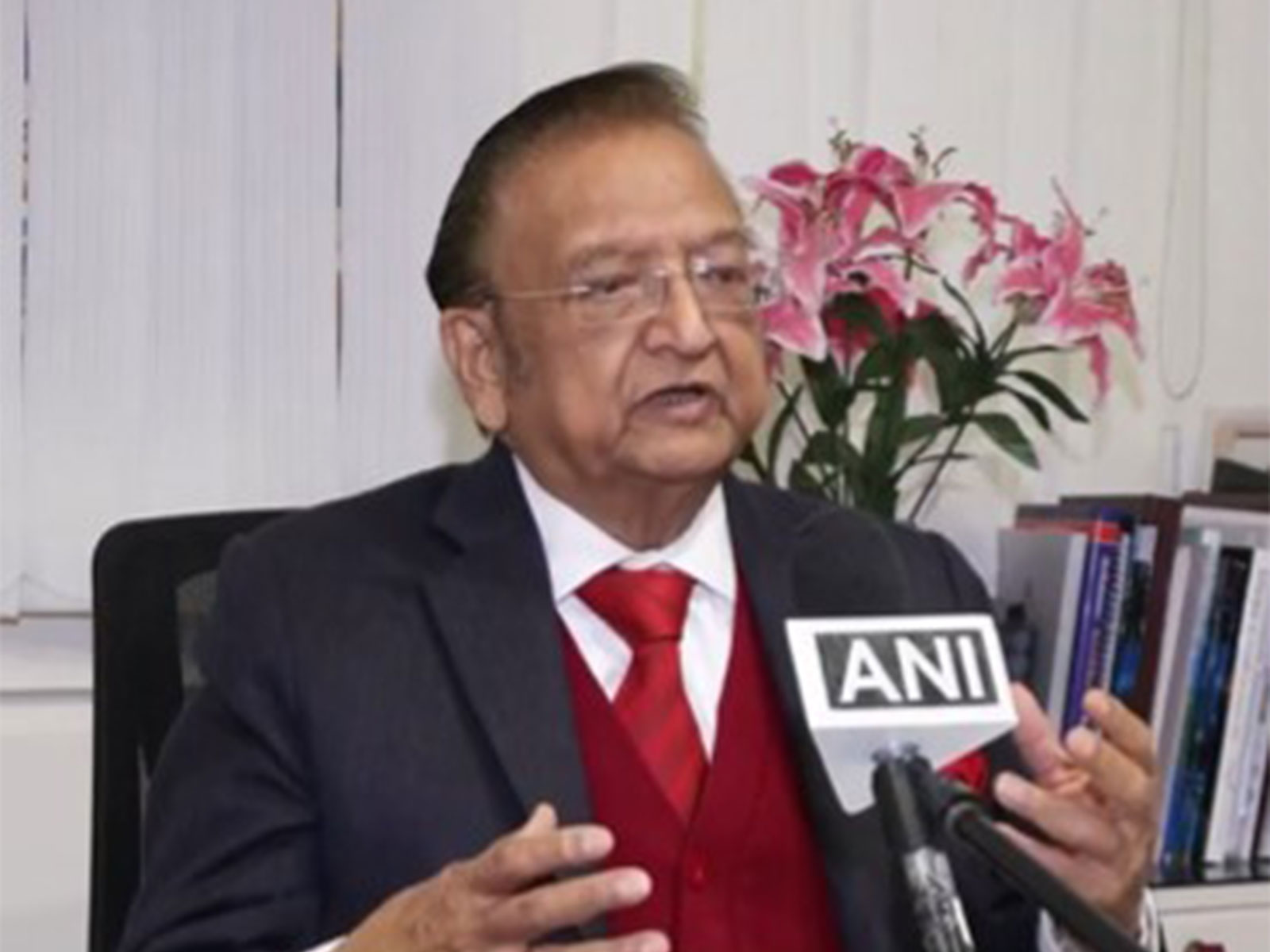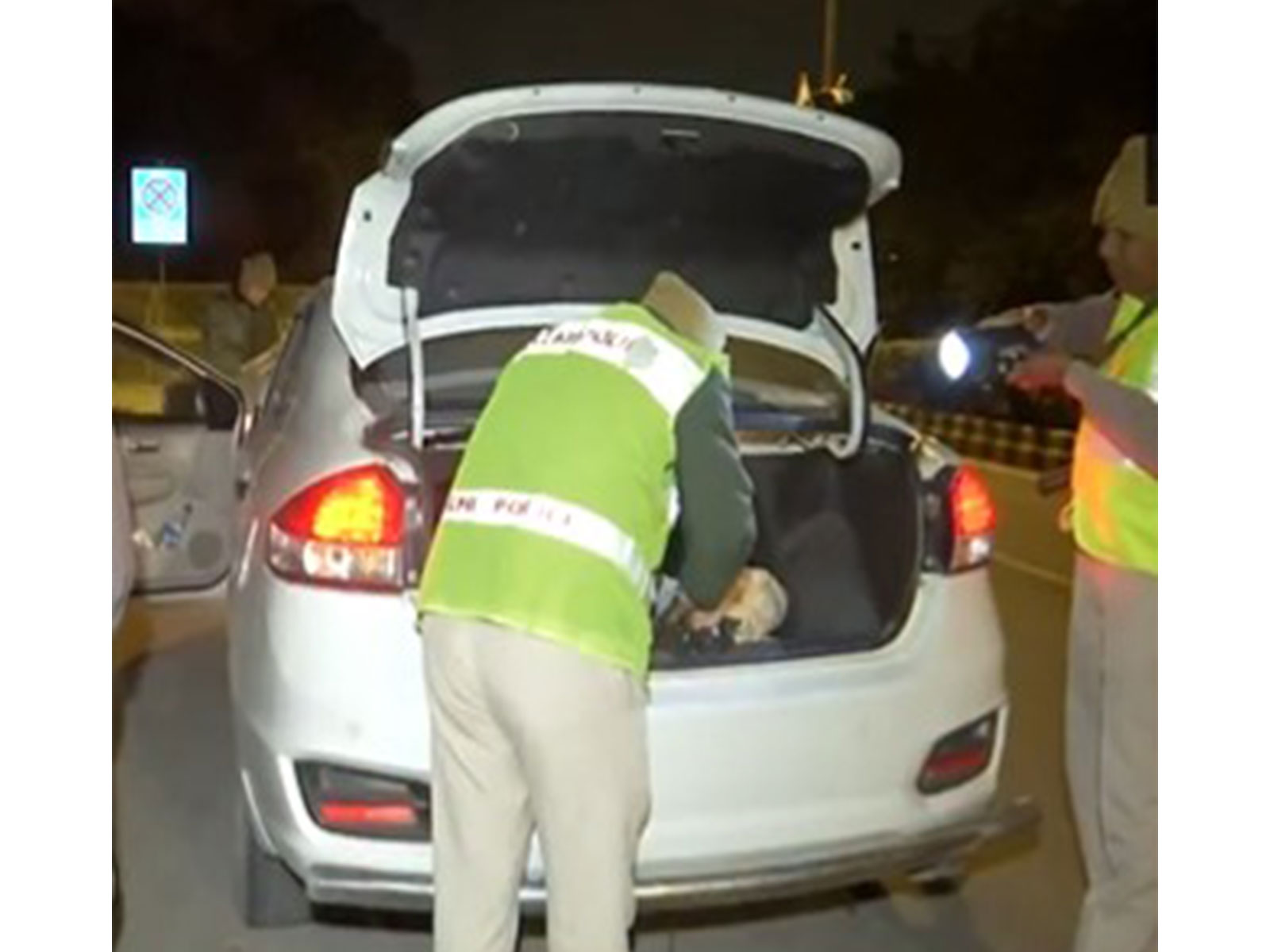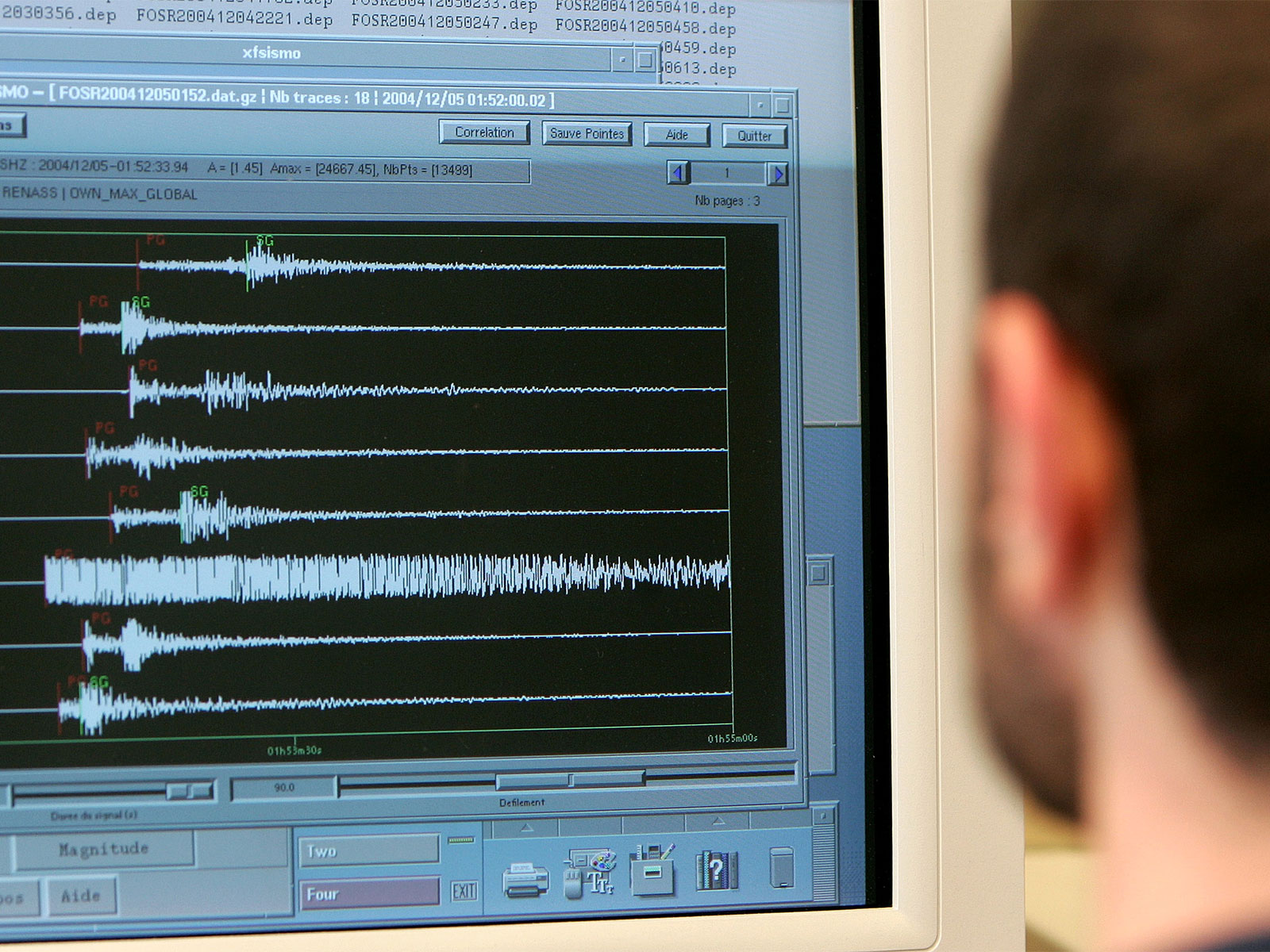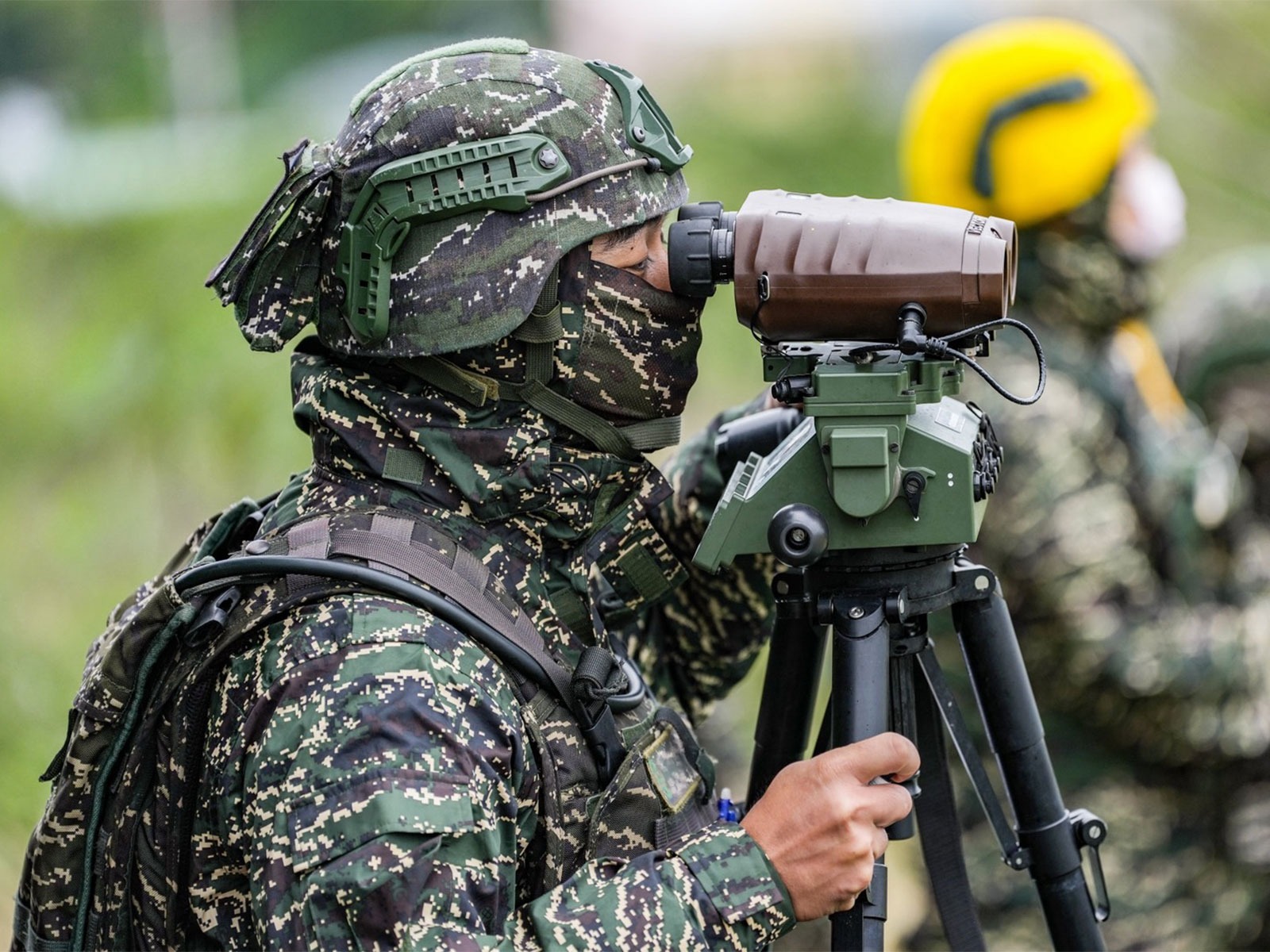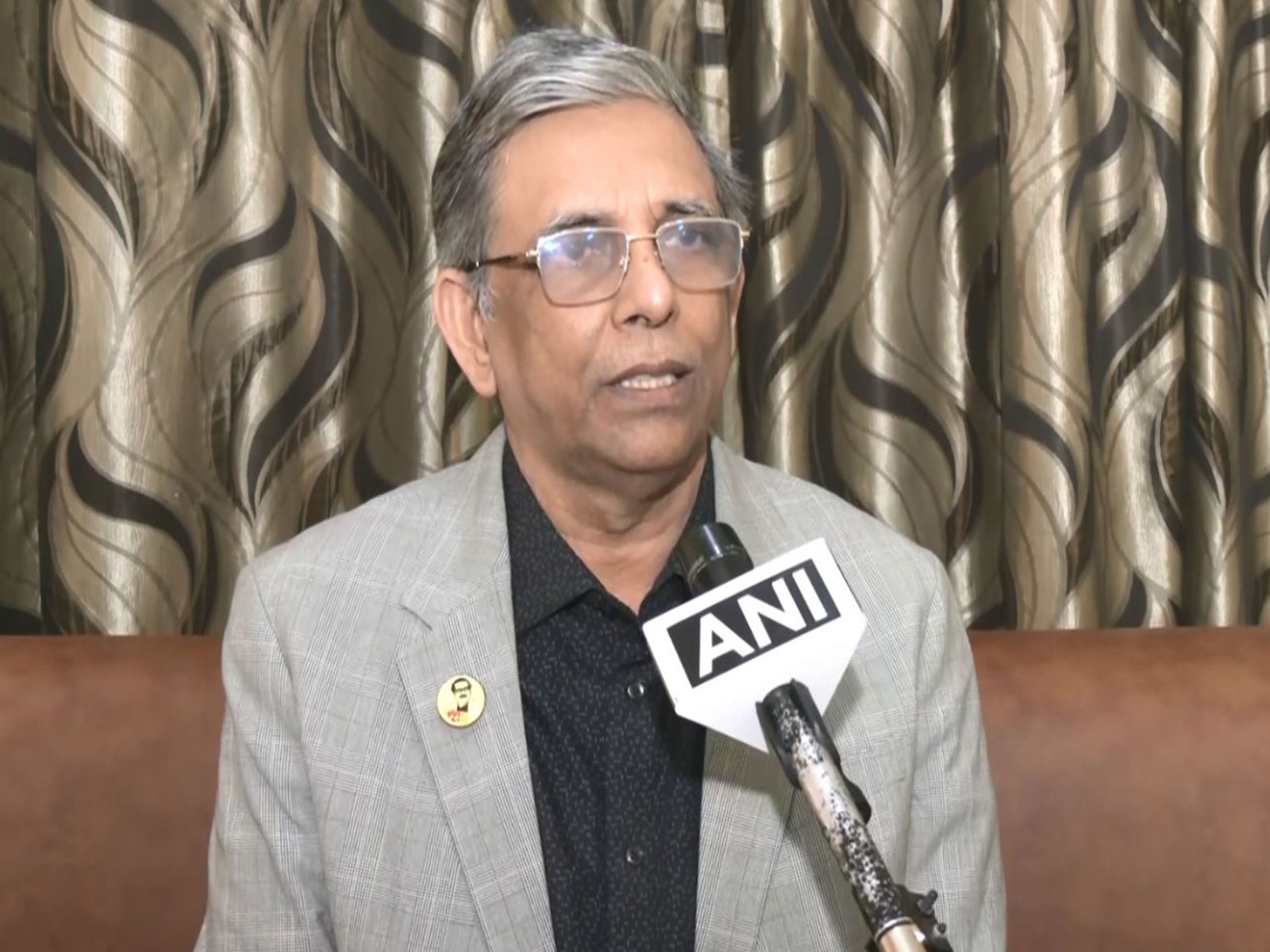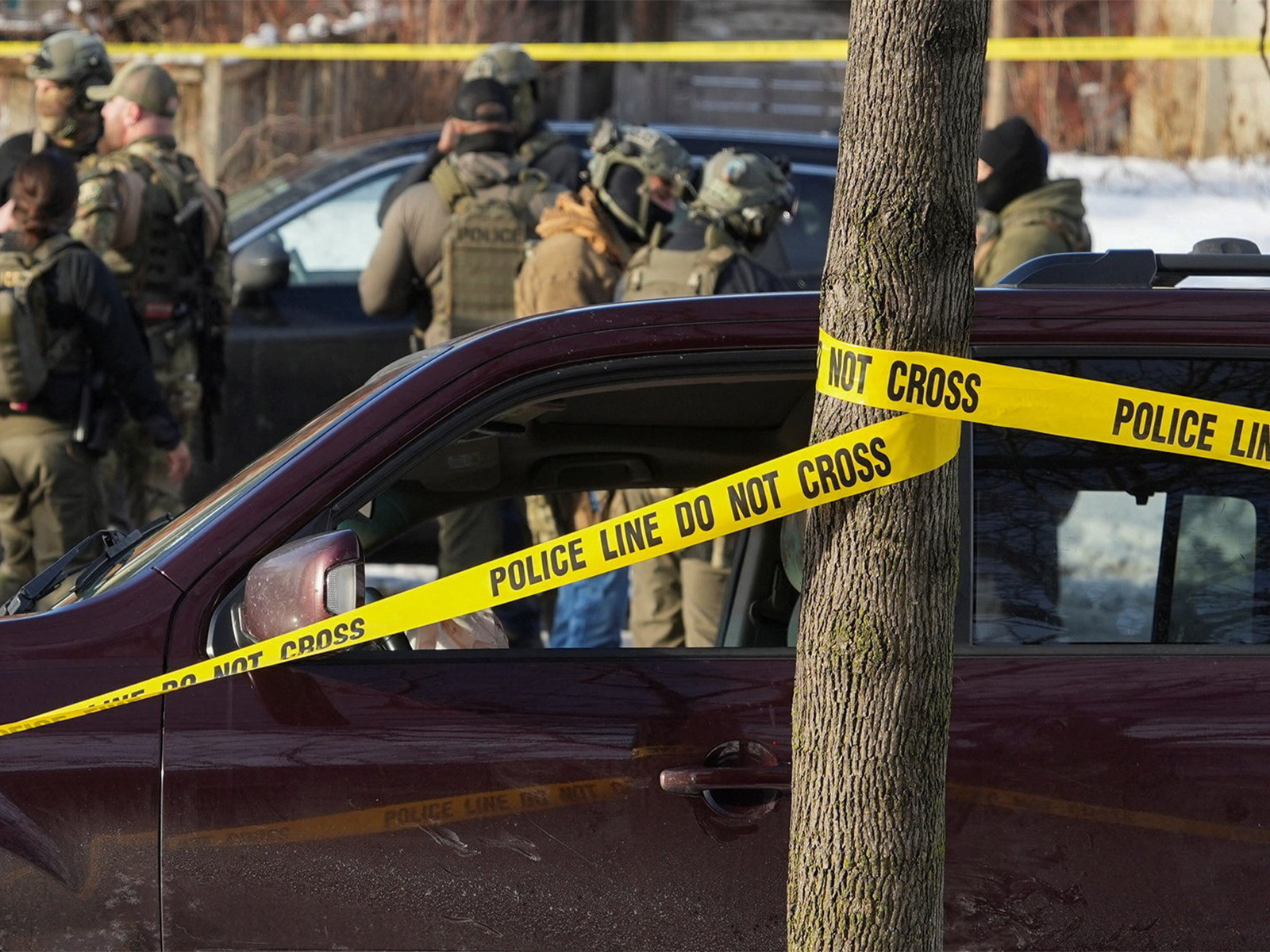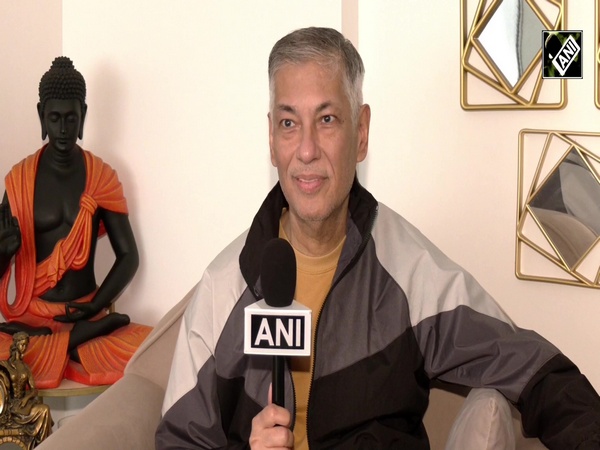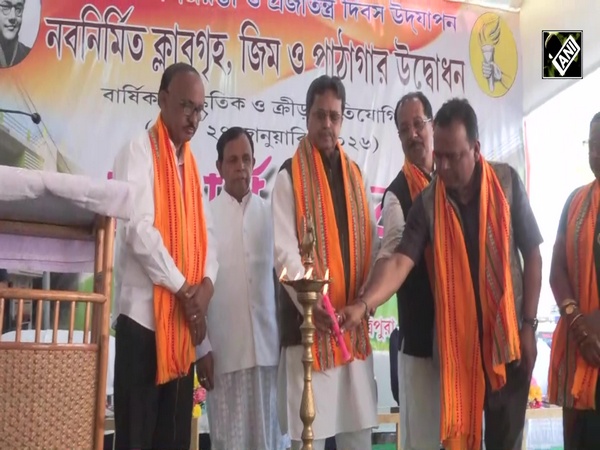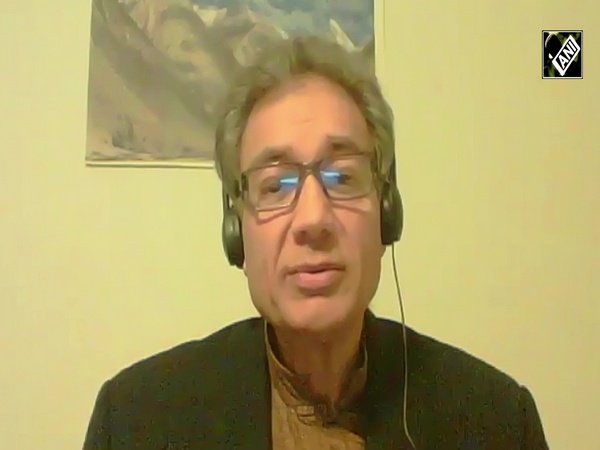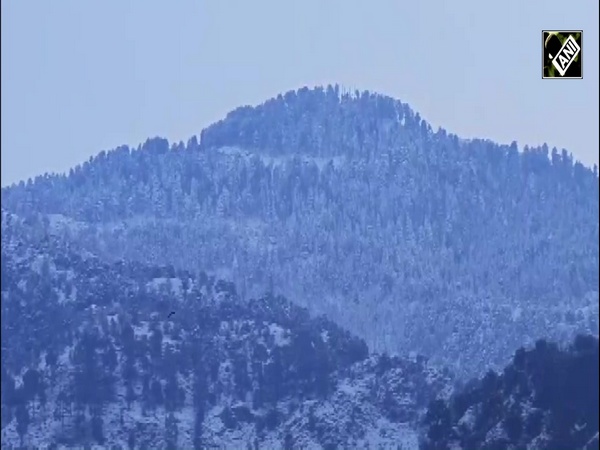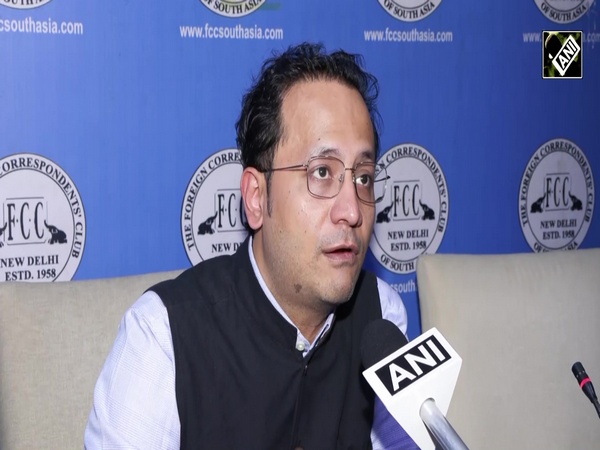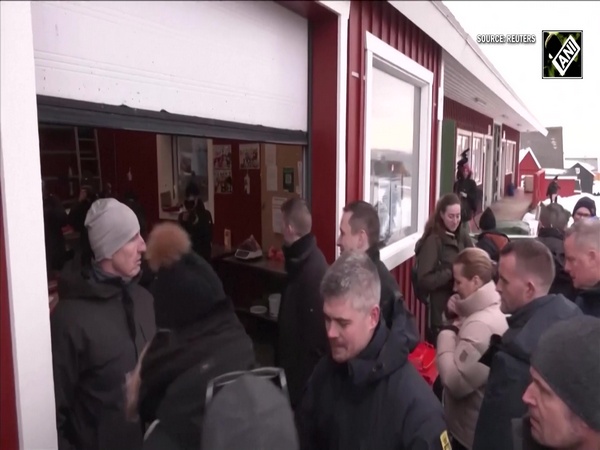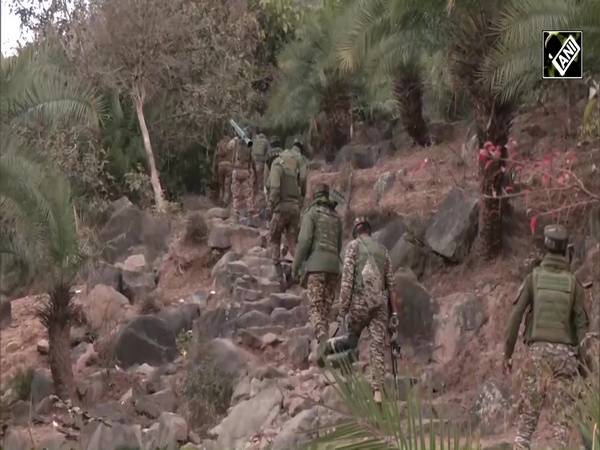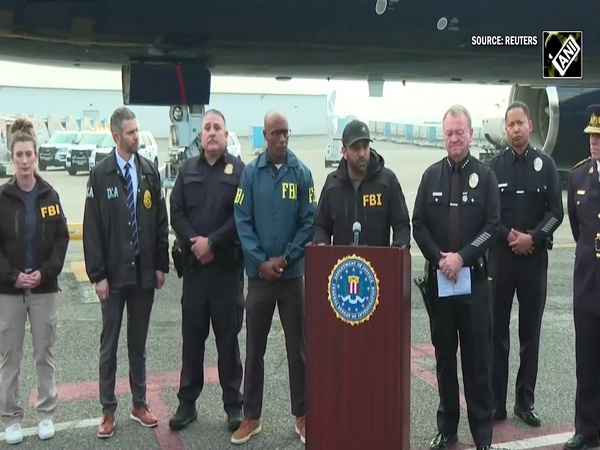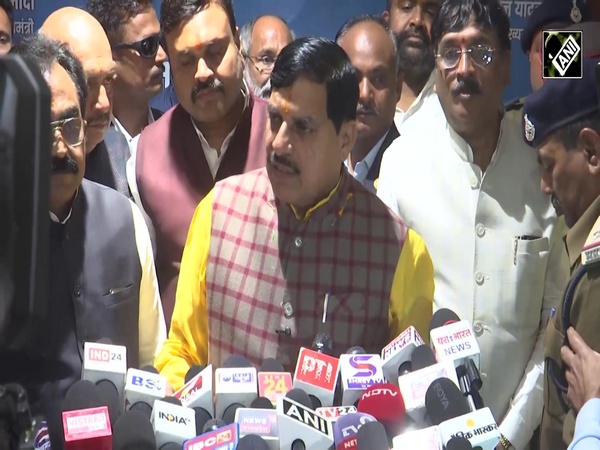DRR working group to meet in Gandhinagar from March 30 to April 1
Mar 24, 2023

New Delhi [India], March 24 : The newly created Disaster Risk Reduction (DRR) working group of G20 established under India's Presidency will hold its first meeting in Gujarat next week.
The DRR working group meeting is scheduled to take place from March 30 to April 1 in Gandhinagar.
Speaking to ANI, Member Secretary of National Disaster Management Authority (NDMA) Kamal Kishore said, "The world is witnessing some gaps in terms of meeting the targets that were enshrined in the Sendai Framework for Disaster Risk Reduction. Sendai Framework for Disaster Risk Reduction was adopted by 187 countries across the world in 2015."
"It's a 15-year framework from 2015 to 2030, and it has set targets for reducing mortality from disasters, reducing the number of people affected by disasters, reducing economic losses, and reducing infrastructure losses," he added.
"In all of these, more than half the duration of the Sendai Framework is passed, and the progress needs to review and identify the gaps. So under the leadership and guidance of the honourable Prime Minister Narendra Modi, the Indian Presidency wanted to give a renewed sense of urgency to disaster risk reduction efforts, so that people across the world not just in the 20 countries are safer from disasters. They can protect not just their lives but also their livelihoods," NDMA Secretary Kamal said further.
On being asked about the key issues to be considered under DRR during the presidency, Kamal said, "They have identified certain priorities for disaster risk reduction. The first one is to focus on ensuring that everyone has access to early warnings of disasters across the world. The second is a resilient infrastructure that is able to withstand extreme weather, climate events, and other geophysical events such as earthquakes and tsunamis, and really be safe from these events, not just now but also in the coming decades."
"The third priority is how we increase finances for disaster risk reduction. Fourth the response to the disaster and finally, how do we use ecosystem-based approaches to minimise disaster risks," he added.
While responding to, where you see India in coming years in terms of quality infrastructure as well as its role in propagating the same in G20 countries, NDMA Secretary Kamal said, "It's really a priority for all of us at home as well as internationally."
"We want to make sure that all the infrastructure that we build is informed by the latest science, and latest technology, and is able to withstand extreme events like cyclones, floods, earthquakes, and tsunamis, not just now but also into the future," he added.
Talking about the key knowledge partners for the working group meeting, Kamal said, "They have several knowledge partners in this effort. One is of course the UN Office for Disaster Risk Reduction, UN Development Programme, Coalition for Disaster Resilient Infrastructure, Asian Development Bank and several other Indian technical institutions."
More than 100 delegates including all G 20 countries as well as nine invited countries and eight international organisations are expected to attend the meeting.
